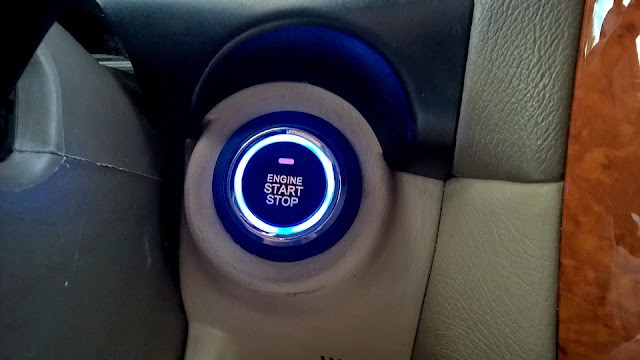Industrial Microbiology R&D Is Increasingly Finding Applications in Organizations Involved In Food and Beverage, Oil and Gas and Environmental Testing
The branch of biotechnology that uses the microbial sciences for industrial purposes is called Industrial Microbiology. In this field, scientists manipulate microorganisms to produce a variety of products. They use techniques like microbial cell factories to manufacture various industrial products. The field of Industrial Microbiology uses several different types of microorganisms to produce a variety of products. These microbes may be naturally occurring or genetically modified.
Industrial Microbiology research
and development is increasingly finding applications in organizations involved
in oil and gas, food and beverage, and environmental testing. The
biopharmaceutical industry is a major driving force in the Industrial
Microbiology market, and advances in drug development and fermentation are
supporting this growth. Moreover, the production of fermented products and the
growing interest in nutraceuticals are also contributing to the growth of this
field.
Another branch of Industrial
Microbiology deals with the microbial bioactive compounds found in
wastewater. The production of these compounds is crucial for a variety of
industrial applications. For example, microorganisms that produce nitrogen are
useful for making fertile soil for agricultural purposes. These bioactive
compounds are essential in the treatment of various diseases. They also help the
environment. The field of Industrial Microbiology also involves the use of
genetic engineering technology in the production of pharmaceuticals, food
additives, and pharmaceuticals.
Other industrial microbiologists
focus on the study of bacterial species that produce solvents and organic
acids. These organisms have historical roles in biotechnology and medicine.
They were used by the Romans for indigo dyeing and produced different types of
organic acids and solvents. They have also been involved in the production of
biochemicals such as butanol and acetone. However, their negative impacts are
more easily attributed to their negative characteristics.
Many products are produced from
the manipulation of microorganisms, such as antibiotics, vitamins, enzymes, amino
acids, and solvents. Among other things, industrial microbiology is used in the
food and pharmaceutical industries. These microorganisms also produce alcohol
and other organic solvents. These processes are essential to our modern
lifestyle. It's no wonder that this branch of biotechnology has gained so much
attention. These products, however, are only a small part of industrial
microbiology.
Besides producing food and
pharmaceutical products, industrial microbiologists also apply their knowledge
to solving environmental issues. Industrial microbiologists engineer microbes
to address contamination and recycling problems. They also test new products
for safety and environmental benefits. The job market is constantly changing,
so those with advanced skills will find a place for themselves in this field.
The career prospects for industrial microbiologists and biotechnologists are
endless. These professionals are responsible for the development of new
products and processes.
One of the most important aspects
of industrial microbiology is biomass measurement. By quantifying biomass,
microbiologists can determine optimal harvesting times. Typically, biomass is
measured by absorbance or optical density. Microbiologists take optical density
measurements by spectrophotometry, which involves diluting samples to less than
0.5 OD at 600 nm. Fortunately, there are new methods that do this task more
efficiently. Light backscattering is one of these methods, and it enables
microbiologists to get more information on biomass composition and microbial
growth.




Comments
Post a Comment